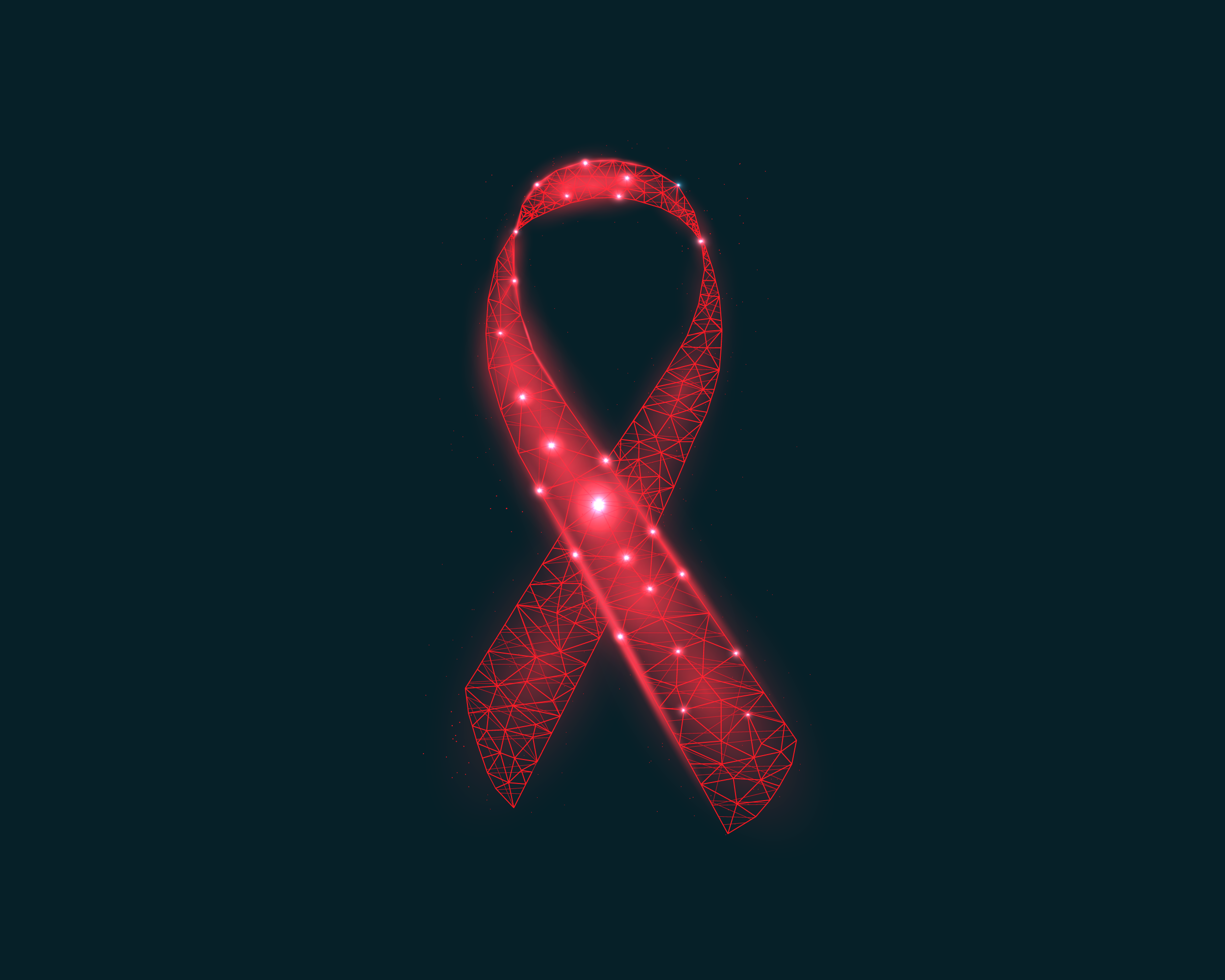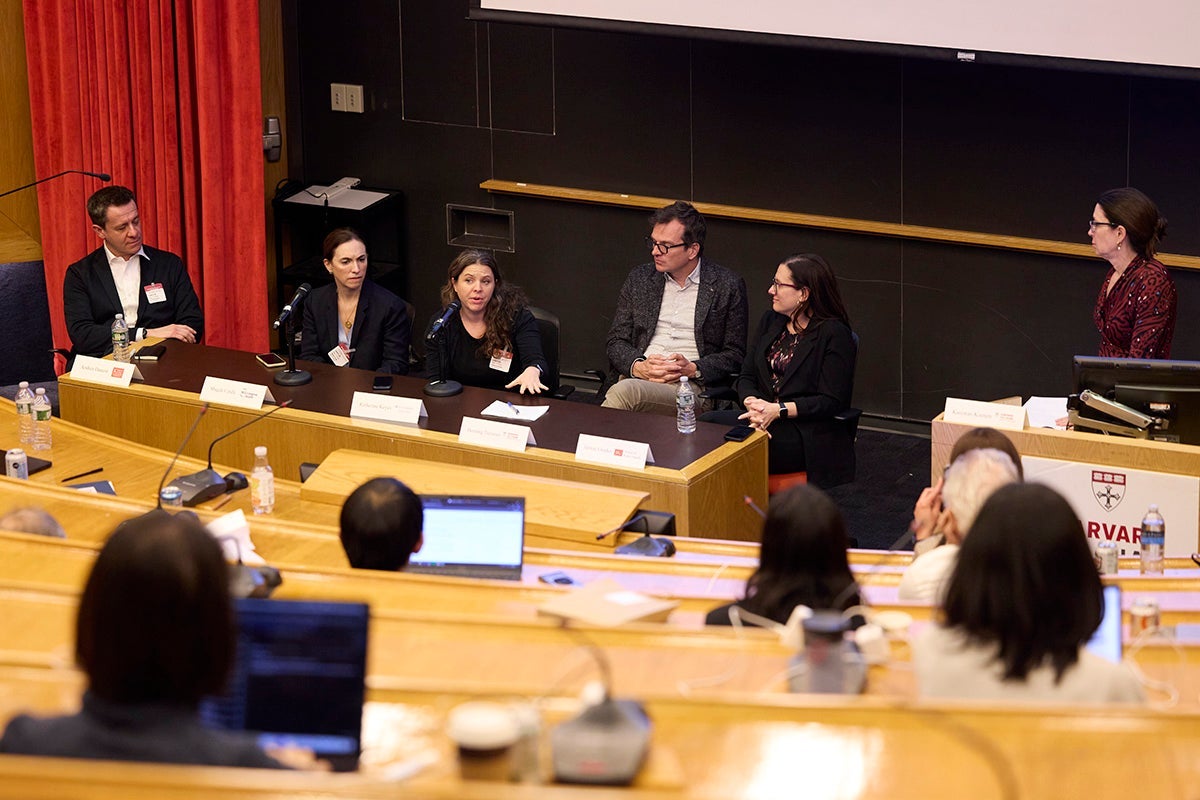Hypertension poorly managed in low- and middle-income countries

For immediate release: July 18, 2019
Boston, MA – Health systems in low- and middle-income countries (LMICs) are poorly prepared for the increasing number of people with high blood pressure, with more than two-thirds of people affected going without treatment, according to a new study led by researchers at Harvard T.H. Chan School of Public Health in collaboration with colleagues from more than 40 institutions around the world, including several ministries of health.
The study examined household survey data for 1 million people living in 44 LMICs and found that less than half of those with high blood pressure are properly diagnosed. Among those with the condition, only 30% are treated and only 10% have the disease under control. These proportions, however, varied widely between countries, with some performing consistently better than others even after taking into account differences in economic development.
The study was published in The Lancet on Thursday, July 18, 2019.
“Our study shows not only that care for hypertension in these countries is severely inadequate, but also where exactly patients in each country are being lost in the care process,” said Pascal Geldsetzer, postdoctoral research fellow at Harvard T.H. Chan School of Public Health and first author of the study.
For the study, researchers used a cascade of care approach, which looked at the numbers of people with hypertension who had been screened, diagnosed, treated, and controlled, to determine how well the health systems of the various countries are treating people with hypertension.
The group carried out its research using household surveys, including the World Health Organization’s STEPS survey, in order to have a uniform approach when obtaining data on established risk factors. Researchers first determined how many people suffered from high blood pressure. They also determined how many of these patients had ever had their blood pressure measured prior to the survey, as well as how many were diagnosed and were taking treatment. Finally, they analyzed how many patients successfully controlled the disease with medication.
“The low proportion of patients with high blood pressure getting the treatment they need, along with the growing number of patients with high blood pressure, suggests the very urgent need for population-level prevention, especially policies that get salt and trans fat out of the food supply, promote fruits and vegetables, reduce air pollution, and address excessive consumption of tobacco and alcohol,” said Lindsay Jaacks, assistant professor of global health at Harvard Chan School.
Other Harvard Chan School co-authors include Jennifer Manne-Goehler, Rifat Atun, and Till Bärnighausen.
Funding for this study came from the Harvard McLennan Family Fund and the Alexander von Humboldt Foundation.
“The state of hypertension care in 44 low-income and middle-income countries: a cross-sectional study of nationally representative individual-level data from 1 million adults,” Pascal Geldsetzer, Jennifer Manne-Goehler, Maja-Emilia Marcus, Cara Ebert, Zhaxybay Zhumadilov, Chea S. Wesseh, Lindiwe Tsabedze, Adil Supiyev, Lela Sturua, Silver K. Bahendeka, Abla M. Sibai, Sarah Quesnel-Crooks, Bolormaa Norov, Kibachio J. Mwangi, Omar Mwalim, Roy Wong-McClure, Mary T. Mayige, Joao S. Martins, Nuno Lunet, Demetre Labadarios, Khem B. Karki, Gibson B. Kagaruki, Jutta M A Jorgensen, Nahla C. Hwalla, Dismand Houinato, Corine Houehanou, Mohamed Msaidié, David Guwatudde, Mongal S. Gurung, Gladwell Gathecha, Maria Dorobantu, Albertino Damasceno, Pascal Bovet, Brice W. Bicaba, Krishna K. Aryal, Glennis Andall-Brereton, Kokou Agoudavi, Andrew Stokes, Justine I. Davies, Till Bärnighausen, Rifat Atun, Sebastian Vollmer, Lindsay M. Jaacks, The Lancet, July 18, 2019, doi: S0140-6736(19)30955-9
Visit the Harvard Chan School website for the latest news, press releases, and multimedia offerings.
image: iStock.com
For more information:
Chris Sweeney
617.432.8416
csweeney@hsph.harvard.edu
###
Harvard T.H. Chan School of Public Health brings together dedicated experts from many disciplines to educate new generations of global health leaders and produce powerful ideas that improve the lives and health of people everywhere. As a community of leading scientists, educators, and students, we work together to take innovative ideas from the laboratory to people’s lives—not only making scientific breakthroughs, but also working to change individual behaviors, public policies, and health care practices. Each year, more than 400 faculty members at Harvard Chan School teach 1,000-plus full-time students from around the world and train thousands more through online and executive education courses. Founded in 1913 as the Harvard-MIT School of Health Officers, the School is recognized as America’s oldest professional training program in public health.


